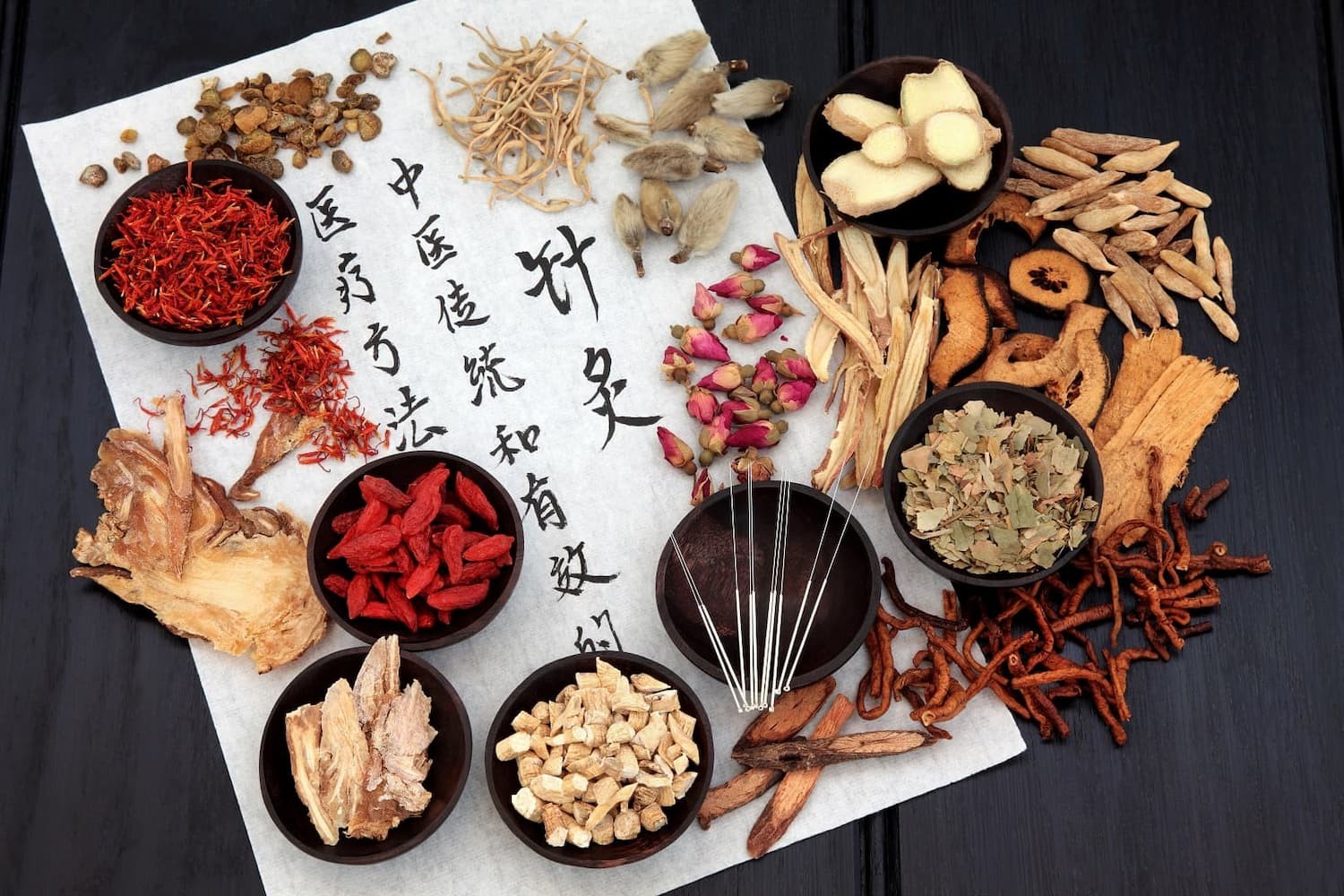
The debate continues as to which is better for the human body and could effectively combat various health conditions—Western medicine treatment protocols or traditional Chinese medicine. Although both have their own benefits, one outweighs the other in certain areas of clinical practice. Read on to learn the difference between Western medicine and Chinese medicine, including how each works, its benefits and drawbacks.
What is Western Medicine?
Western medicine, also known as modern medicine, is the term used to refer to all pharmaceutical therapies, clinical practices and surgical procedures based on Western medicine treatment protocols. This type of medicine has been tested for decades on thousands of patients in Western countries around the world. It focuses on curing diseases by targeting their symptoms or finding ways to remove them.
Western medicine has been proven to work very effectively when it comes to curing serious illnesses like cancer, diabetes and heart disease. However, it also has its drawbacks. According to a comparative study of the benefits of modern medicine compared to different forms of complementary medicine, the former has an instant effect. Unfortunately, it also loses its effectiveness quickly, therefore it provides no long-term benefits but may have long-term negative consequences.
Even though it is a life-saving approach to serious conditions, the major issue with any Western medical treatment, such as Western medicine chemotherapy, is the potential damage it may bring to other parts of the body. Some modern medications have the potential to permanently harm particular body organs. Antibiotics, for example, can help fight infections but they can also harm your kidneys and other organs, as well as cause nausea, diarrhoea and drug interactions.
What is Chinese Medicine?
Different forms of Oriental or Eastern medicine, such as Chinese Medicine, don't focus on curing diseases alone. Chinese medicine works by improving a person's health and wellbeing by adjusting their body's functions and balancing the flow of energy within it. This type of Oriental medicine believes in the power of prevention using diet, herbal medicines, acupuncture and acupressure to maintain a healthy body.
Chinese herbal medicines are made from plant parts such as leaves, roots, fruit and bark, which are processed into powder or compressed into pills. In Western herbal medicine, the plants used are sourced from different parts of Europe, Asia and the Americas. Herbal medicine and other modalities used in Traditional Chinese Medicine (TCM) support normal functions of your body without causing any adverse event.
Acupuncture is a widely used Chinese medicine modality that can treat a wide range of medical conditions. A systematic review on the effects of this healing method revealed that many modern medicine practitioners use it in combination with traditional medicine to treat a range of musculoskeletal problems, hormonal imbalances, skin conditions, allergies and cancer.
Which Works Better?
The main difference between Chinese medicine and Western medicine lies in their differing views of how to deal with illness. In Western medicine, specific pharmaceutical drugs are often prescribed in clinical settings to correct specific disease states. These drugs are often subject to safety concerns due to the risk of side effects from chemicals that are not natural in the body. Chinese medicine views disease as an imbalance in the body or between the body and various environmental factors. The herbal agents prescribed are not to treat particular manifestations but rather to help the patient's stressed organ systems to operate in a more natural, balanced state.
Source: Pinterest
Often, Western medicine intervenes only after a crisis arises, whereas Chinese medicine anticipates problems by sustaining the body's interior make-up. Chinese medicine believes greater problems are avoided later on by correcting depletion and stagnation at earlier stages.
Unlike Western medical practices which standardise diagnostic and treatment procedures, Oriental medicine considers a patient's diet, mindset and lifestyle when formulating internal medicine to restore their health and wellbeing.
Western medicine and Chinese medicine are not aiming to substitute one another. According to clinical studies conducted on the effects of integrative medicine, combining modern medicine with Eastern medicine can help to reinforce the body's natural healing prowess. Whereas Western medicine may heroically rescue a patient, Chinese medicine can protect and preserve our health on a daily basis.
Originally published on May 05, 2007








